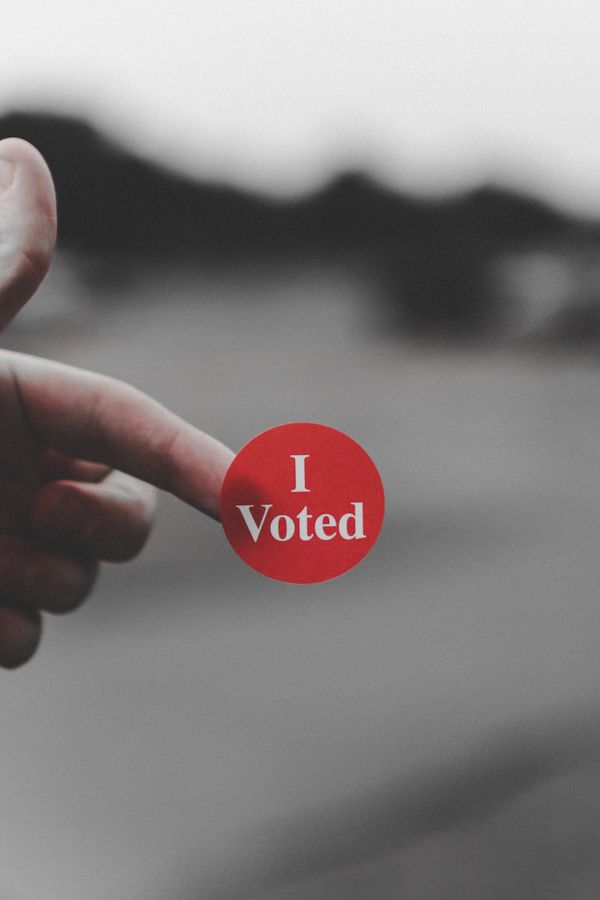In our cultural landscape that contains various distractions, it is so easy to be narrow-minded. It is convenient not to concern ourselves with what happens in other places. It is comfortable to be disconnected from suffering and other ways of life besides our own. We are all occasionally guilty of an isolation mentality.
Every year my university assigns a Freshman Book Connection. These books are meant to bring light to specific issues, as well as unite the incoming class through reading. Really, this is a brilliant idea. Or, it would be if everyone actually did the assignment.
When I was a freshman, the connective book touched on the world water crisis (an issue I would not have known existed if I did not read it). In a previous year, the chosen book addressed the clothes that we wear, the people who dedicate their lives to making them, and the harsh conditions they often face to do so. This year, the book is titled Where Am I Eating, by Kelsey Timmerman. It examines the lives of individuals in foreign nations who devote their entire existence to the generation of our food. After all, ranch and farm families only make up about 2% of the US population. That means most of our food comes from all over the world. This is a fact that I, and I’m sure many others, neglect to acknowledge every time we sit down at the table.
This summer, I acted as a guide at freshman orientation. The number one question I received was: “Do we really have to read this book?” Others complained that the book is “too long” or that the author “takes way to long to explain things.” My honest response was no. You don’t have to read the book. That is true for most college assignments and readings. You don’t have to do anything. However, one of the best pieces of advice I have ever received is that we, as individuals who have the great opportunity to be educated, have a responsibility that comes with that. This involves taking assignments seriously and looking at the world from a critical perspective in an effort to make sense of it. College is more than earning a degree. Students should feel themselves growing as individuals. We should question what we consider normal in our cultural lens. This is attainable through looking outside of our own circumstances. While uncomfortable at first, this is extremely beneficial.
Although I am no longer a freshman, I decided to read Where Am I Eating. Within the first few pages, I learned that global slavery is still very real. I learned that as they work, banana farmers in Costa Rica face pesticides that are dropped from planes. Divers who contribute to Lobster dinners can potentially become paralyzed in the process of retrieving them. The corporate side of Starbucks is extremely unethical to the workers who supply their coffee beans. I would have never stumbled upon this information had I not taken the initiative to do so.
Since I entered college, I have been accused of becoming a “hippie liberal” simply for expressing empathy. Honestly, I laugh at this accusation. I am far from that. Aspiring to address real issues such as the water crisis and where our food comes from is not a left wing radical idea. It is absolutely necessary in order to achieve sustainability. The fact that correcting human rights issues seems so far-fetched and extreme is perfect evidence for the strong need to correct them. The truth is that college has allowed me to uncover facts that were not necessarily addressed in my K-12 education. I no longer live in a bubble confined to my own personal set of circumstances. That should be celebrated! Not condemned.
Through reading, doing assignments, and exploring of the world, we awake passions and discover topics worthy of discussion. We become globally aware. We become advocates for those who do not have a voice. We become agents of change. Does this mean we should uproot everything we know? Boycott companies? Hold up signs? Not always. However, awareness is a good place to start. Educated discourse allows us to recognize our responsibility as global citizens. Evidence based discussion is the most important part of democracy. As students and citizens, it is our obligation to achieve that. This paves way for a better world.











































